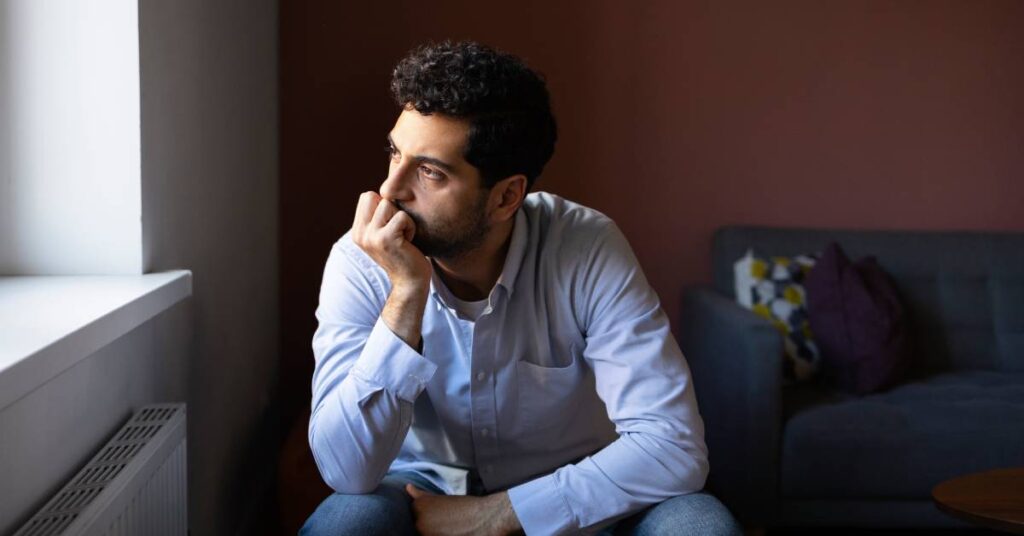When people hear the word Islam, it often evokes conflicting emotions—especially in today’s world shaped by news cycles, political narratives, and media headlines. Unfortunately, one of the world’s most spiritual and peaceful religions is frequently misunderstood, painted with the brushstrokes of extremism and violence. But the truth is far from these misconceptions.
This blog aims to clarify what Islam really teaches—about peace, about violence, and about how Muslims are expected to live in a world of diverse people and beliefs.
Let’s begin by understanding what the very word “Islam” means.
Islam Literally Means Peace
The word Islam is derived from the Arabic root “S-L-M”, which forms the basis of words like Salaam—meaning peace.
Islam itself means submission to the will of God, and that submission is meant to lead to a life of inner peace, social harmony, and compassion.
Far from being a religion of violence, Islam teaches a way of life rooted in mercy, justice, and humility.
The Prophet of Peace – Muhammad ﷺ
To understand any faith, it helps to look at its founder. The Prophet Muhammad ﷺ is not the warlord he is sometimes misrepresented as. He is referred to in the Qur’an as “a mercy to all the worlds” (Qur’an 21:107).
Consider this:
- Despite being mocked, boycotted, and attacked for 13 years in Mecca, the Prophet ﷺ never retaliated with violence.
- When he finally re-entered Mecca with an army, he forgave even his fiercest enemies—a level of compassion unheard of in that era.
- He taught his companions: “Do not harm others. Do not return harm with harm.”
The Prophet ﷺ signed treaties, respected non-Muslims, and promoted peace even when war would have been easier.
What the Qur’an Actually Says About Violence
A common tactic used to misrepresent Islam is to quote verses of the Qur’an out of context. But context matters—especially in scripture.
Take this often-misquoted verse:
“Kill the polytheists wherever you find them…” (Qur’an 9:5)
What’s rarely mentioned is the context: this verse refers to a specific time of warfare, after Muslims were betrayed during a peace treaty. Even then, the very next verses urge Muslims to protect those seeking peace or safety (Qur’an 9:6).
On the other hand, the Qur’an contains numerous verses promoting peace, justice, and tolerance:
“There is no compulsion in religion.” (Qur’an 2:256)
“If they incline to peace, then incline to it [also].” (Qur’an 8:61)
“Whoever kills a person unjustly… it is as if he had killed all of humanity.” (Qur’an 5:32)
These are not hidden teachings—they are foundational to Islam.
Jihad Is Not Terrorism
The term Jihad has become one of the most misused and misunderstood Islamic concepts in the modern world. For many, the word triggers images of extremism. But in Islam, Jihad does not mean terrorism.
The word Jihad means “struggle” or “striving.”
- The greater Jihad is the inner struggle against one’s own ego, selfishness, and wrong desires.
- The lesser Jihad refers to defensive warfare—never unprovoked aggression.
The Prophet ﷺ once told his companions after returning from battle:
“We have returned from the lesser Jihad to the greater Jihad—the struggle against the self.”
Acts of terrorism—targeting civilians, spreading fear, or harming innocents—are in direct violation of Islamic teachings. No scholar rooted in authentic Islamic tradition supports such actions.
A History of Peaceful Coexistence
Islamic history shows countless examples of pluralism and coexistence:
- Jews and Christians thrived under Islamic governance in places like Andalusia (Spain) and the Ottoman Empire.
- The Prophet ﷺ signed the Charter of Medina, a constitution that guaranteed religious freedom and security for Jews and other communities.
- He also made a covenant with the Christians of Najran, promising them protection and full rights under Islamic rule.
These are not just historical facts—they reflect the core values of Islam.
Muslims Themselves Are the Primary Victims of Terrorism
Here’s a rarely mentioned truth:
The majority of victims of terrorism globally are Muslims.
Groups that commit atrocities in the name of Islam—like ISIS or Al-Qaeda—have killed more Muslims than anyone else. Their actions are widely condemned by Islamic scholars and communities worldwide.
Yet the entire faith is often judged by the actions of a fringe minority. It’s like blaming all Christians for the Ku Klux Klan, or all Buddhists for extremist monks in Myanmar.
Islam is not defined by extremists—it is defined by its scripture, its Prophet, and its 1.9 billion peaceful followers.
How Media Skews Perceptions
Modern media plays a powerful role in shaping opinions. Unfortunately, it often amplifies negative news, sensational headlines, and selective imagery.
When violence is committed by Muslims, religion is mentioned.
When similar acts are committed by non-Muslims, their faith is rarely discussed.
This double standard reinforces harmful stereotypes and builds fear instead of understanding.
It’s time to step back and ask: Are we letting headlines define an entire faith?
Islam Today – A Call for Peaceful Dialogue
Despite the noise, most Muslims around the world live by values of peace, kindness, and integrity. They are teachers, doctors, neighbors, and friends. They celebrate family, community, and spiritual growth.
Islam encourages Muslims to be just with all people, regardless of their religion:
“Allah does not forbid you from being kind and just to those who have not fought you because of your religion…” (Qur’an 60:8)
Islam doesn’t just tolerate peace—it commands it.
Final Thoughts: Let’s Replace Fear with Understanding
Islam is not a religion of terror.
It is a religion of faith, family, reflection, and yes—peace.
The Qur’an is not a book of violence. It’s a divine guide that promotes mercy, patience, and moral living.
The Prophet Muhammad ﷺ was not a warlord. He was a reformer, a peacemaker, and a mercy to mankind.
If you’ve ever questioned what Islam truly teaches, start by reading its core message—not its misrepresentations.
“Truth stands out clear from error.” – Qur’an 2:256
FAQs
1. Is Jihad the same as terrorism?
No. Jihad means striving in God’s cause—primarily an internal spiritual struggle. Terrorism is forbidden in Islam.
2. Why do some Muslims engage in violence?
Such individuals represent political ideologies—not Islam. Most Muslims condemn these acts unequivocally.
3. Does Islam teach hate toward non-Muslims?
No. Islam commands respect, kindness, and justice to all—regardless of faith.
✋ Still Curious?
We welcome honest questions. Ask us. Let’s talk—not assume.
Islam is peace—not fear. Let’s rediscover it together.








